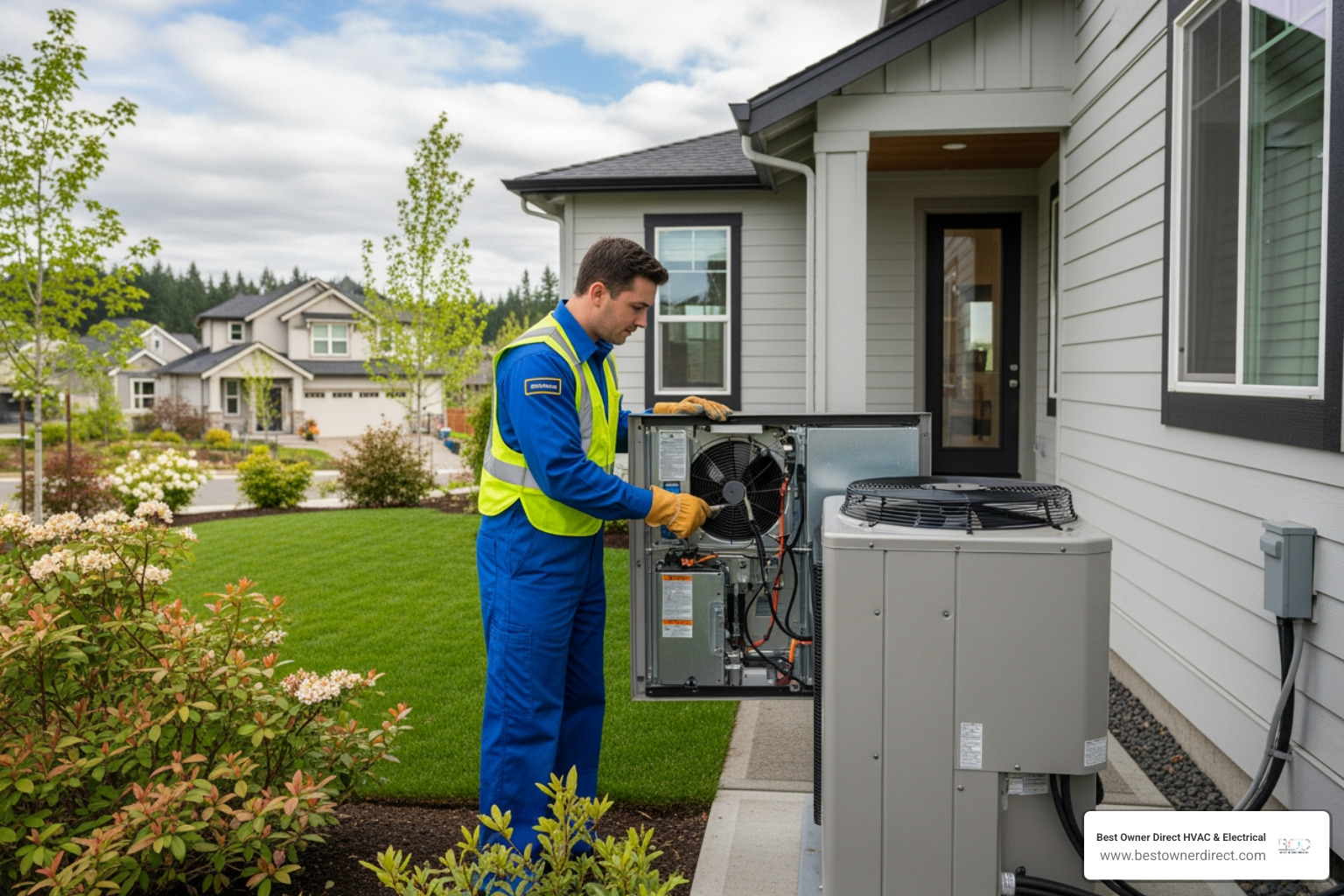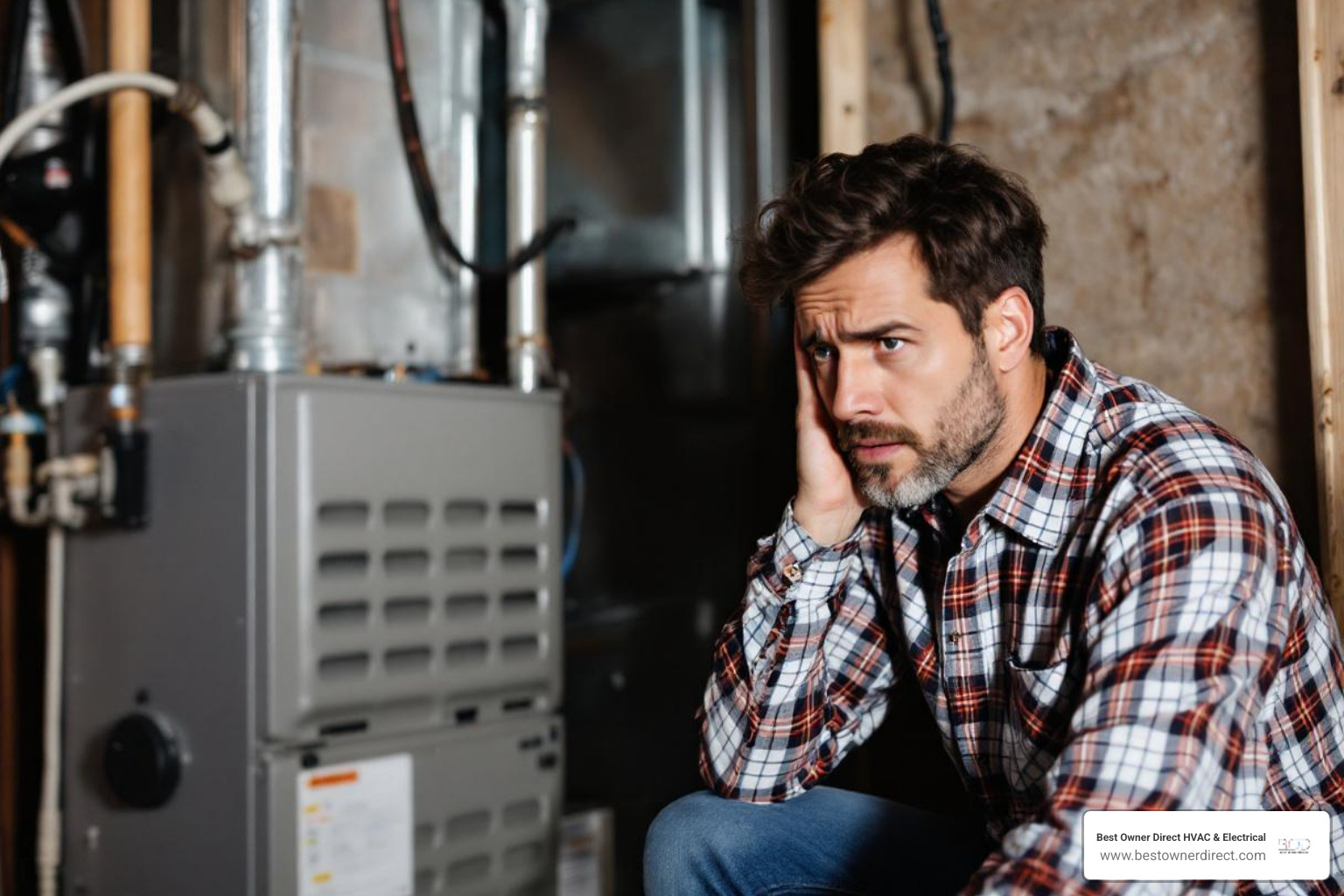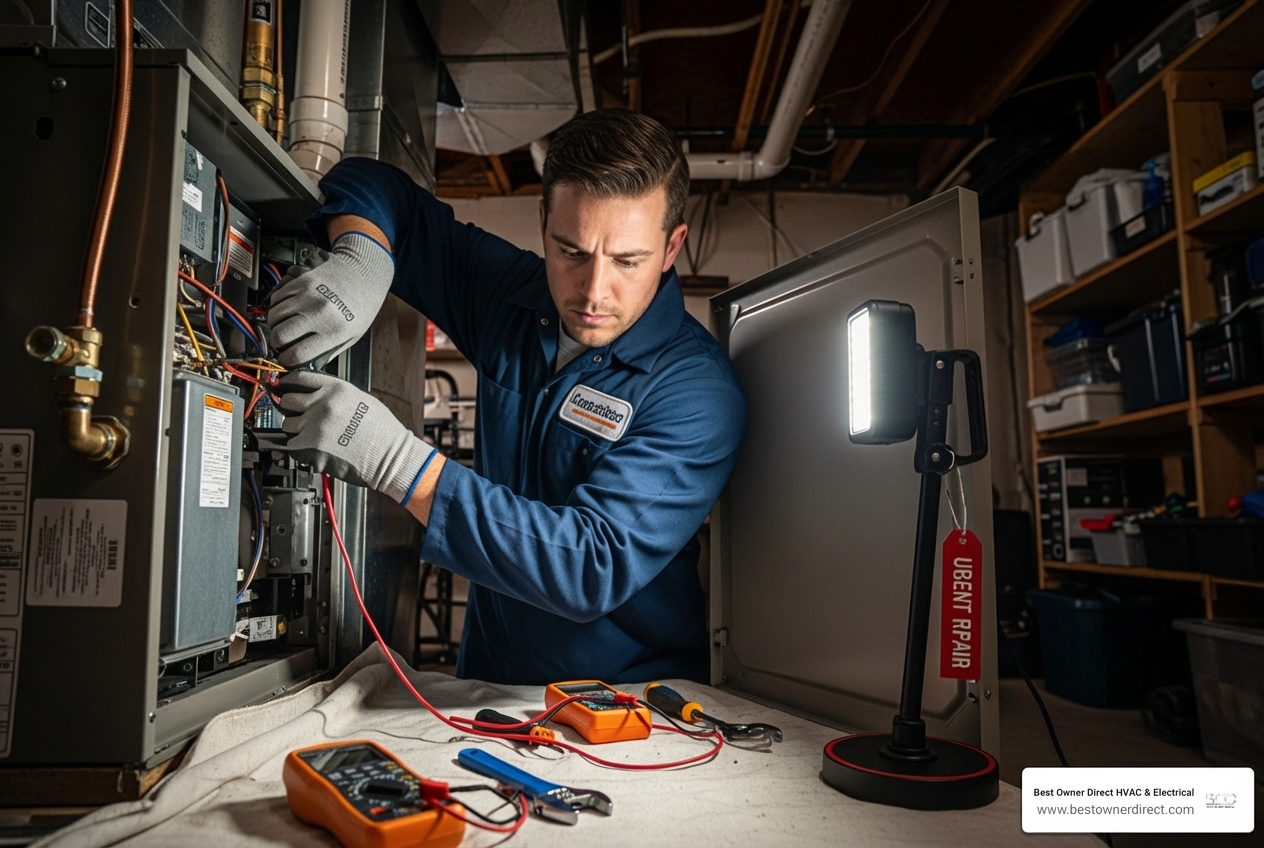Menu
AC Mistakes That Are Costing You Money
Air conditioning is a significant factor of these charges. Still, it doesn't usually have much focus – people typically think about turning off lights and not running water for long periods instead. The truth is those aspects account only for small fractions in comparison to the total cost because they're just too easy. Instead, you should focus on
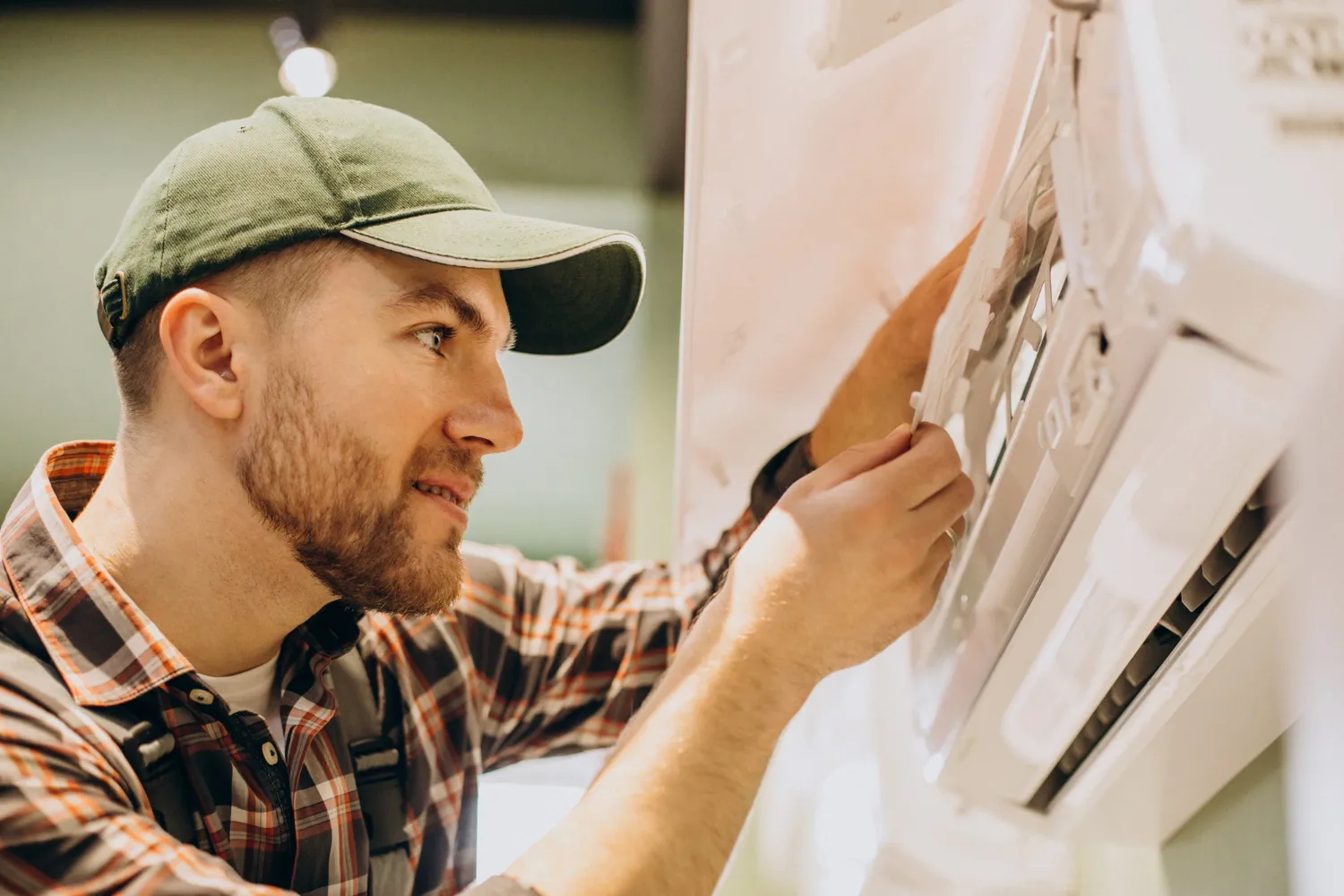
It's no secret that homeowners want to keep their utility costs as low as possible.
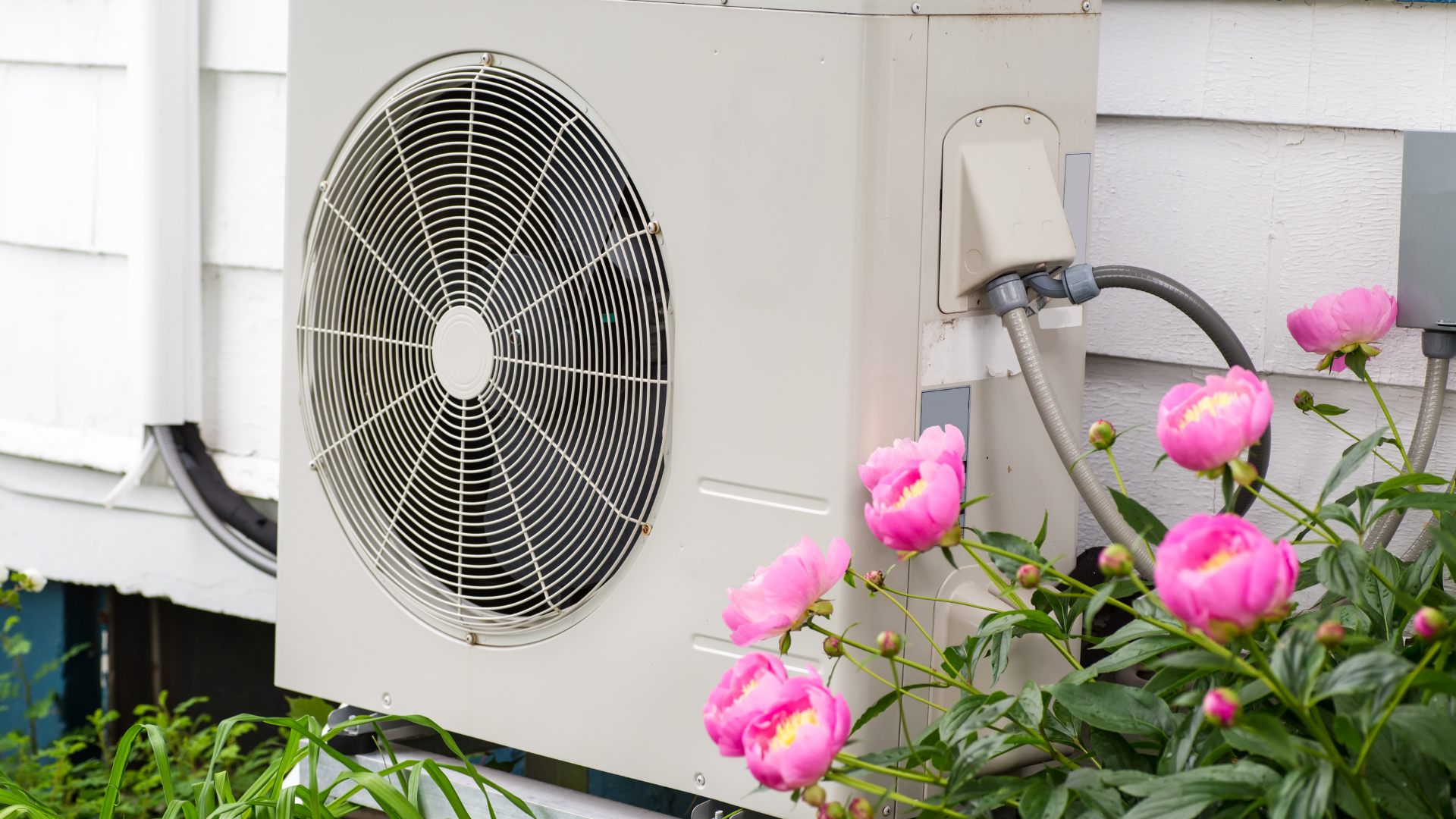
Air conditioning is a significant factor of these charges. Still, it doesn't usually have much focus – people typically think about turning off lights and not running water for long periods instead. The truth is those aspects account only for small fractions in comparison to the total cost because they're just too easy. Instead, you should focus on the enormous impact your air conditioner can make by changing some settings or doing an efficiency check-up every year.
One of the biggest mistakes homeowners make when it comes to their utility bills is not using an AC unit properly. With a bit of knowledge and awareness, you can avoid this mistake altogether!
Here are some of the common air conditioning mistakes that you should avoid:
1. Leave it turned on when you’re away
The inside of your home should not be scorching hot during the summer months. Not only is it uncomfortable when you walk in, but high indoor temperatures can damage sensitive electronics. It's fine to let your house warm by five or ten degrees while you are away at work; make sure to set a timer for how long before coming back and turn on air conditioning again once everyone has come home. AC makes a big difference in your life - you probably don't even realize it! Studies show that if AC is off for 8 hours, there's up to $35 worth of utility savings per month. Unlike the other appliances in your home like dishwasher and refrigerator, which only need to be on at night when we're not using them anyways, AC runs all day long, so turning it down can make a massive impact over time.
2. Hidden Exterior Unit
Even though standard AC units are not the prettiest, there is a simple way to keep them from being an eyesore. When you try and hide your unit with bushes or other plants, it will likely lead to future problems because these objects provide shade over the air intake vents of your unit, which can block airflow in critical areas. One way to save yourself the headache of dealing with a clogged-up drain is by putting your appliance in an area where it’s not obstructed. A clogged-up unit costs you money since utility bills will go higher, and hiring technicians would be necessary for cleaning out all that junk from draining pipes.
3. Installing a wrong sized AC unit
When it comes to making your home feel more comfortable, size matters. A too-big air conditioning installation will create inconsistent temperatures throughout the house because it'll end up cycling on and off very frequently. It also won't help reduce humidity levels in a room or space that's already humid – which is a big problem for many people. For the perfect balance of convenience and comfort, consult an HVAC service professional for a custom-sized air conditioning installation.
4. Assuming that a lower thermostat setting will cause faster cooling
Changing the temperature on your thermostat does not affect how quickly it will heat or cool a home. No matter what degree setting you change by, either from one to ten degrees higher or lower, an HVAC system will work at the same rate as before. If you're too eager for a temperature change and make your upstairs too cold to beat that sweltering summer heat downstairs, know that adjustments like this can end up making your house even hotter than before! Exercise some patience, so things will feel more comfortable soon enough without having such a high energy bill.
Lastly, I would like to mention that the American Department of Energy (DOE) has reported that air conditioners have taken up about 6% of all the energy produced in America. This is a lot considering it's only one type of appliance. But by avoiding the above given mistakes you can reduce your AC usage and save money on electricity bills at the same time.
Here at Best Owner Direct we are your best option for fast, reliable service when you have a problem with your central air system. We can install energy-efficient systems and provide regular AC maintenance to help prolong the life of your cooling system. When it's time to purchase a new air conditioner, we're here to answer any questions or concerns about which model will work best in our area according to what size unit is needed as well as budget considerations. Give us a call today or fill out the form below.



